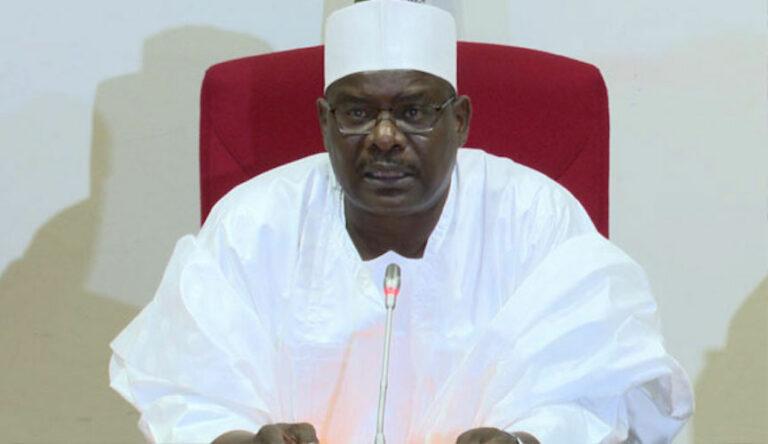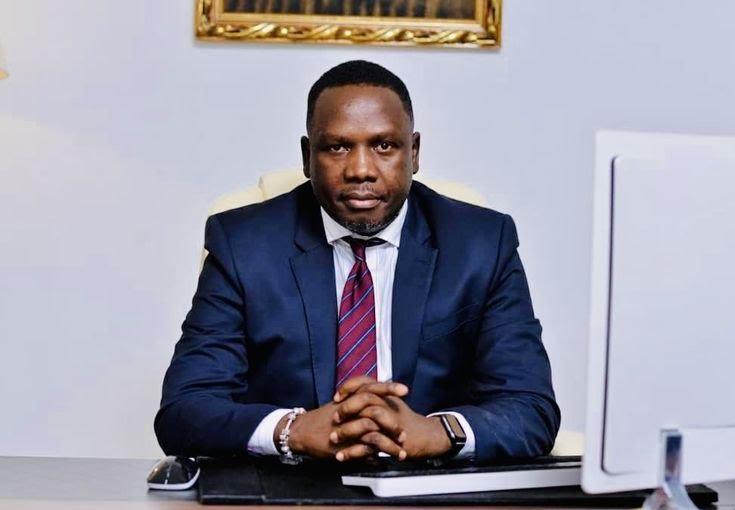Former Senate Leader, Ali Ndume, has cautioned labour unions and oil sector stakeholders against what he described as attempts to demonise the Dangote Refinery, warning that the growing media narrative against the multi-billion-dollar project was poisonous and misleading.
His intervention comes amid the ongoing rift between the refinery’s management, the Nigerian Union of Petroleum and Natural Gas Workers (NUPENG), and the Depot and Petroleum Products Marketers Association of Nigeria (DAPPMAN).
While NUPENG recently embarked on industrial action over the refinery’s alleged refusal to allow truck drivers to join the union under the Trade Union Act, DAPPMAN accused Dangote of stifling competition by selling products at cheaper rates to international traders than to local marketers.
Although the Department of State Services had waded in to ease the dispute, tensions in the downstream sector have remained.
In a statement issued in Abuja on Wednesday, Ndume said it was wrong to paint Dangote in a bad light in the eyes of Nigerians and the international community, stressing that dialogue was more important than confrontation.
“I urge NUPENG, PENGASSAN, and all concerned stakeholders to engage in constructive dialogue with Dangote rather than inciting division and undue sensationalism in the media. Our common goal should be to balance labour rights with the imperatives of national development and not put ordinary citizens at the receiving end of a needless power tussle,” he said.
The senator, who represents Borno South, recalled that successive governments had granted refinery licenses to private operators without tangible results until Dangote took the initiative.
“Before Dangote took the risk to build his refinery, previous administrations had granted licenses to many Nigerians. What did they do with it? Some of them only cashed in on the incentives of crude oil allocation,” Ndume stated.
He noted that as far back as 2002, 12 licenses were given to private operators to establish refineries, while another nine licenses were issued in 2007 after the first batch was revoked. He added that during the Buhari administration, modular refinery licenses were also issued but most investors failed to deliver.
“Those parading themselves as fuel importers today didn’t seize the initiative to come together to build refineries. Again, during the Buhari administration, licenses were granted to private investors to build modular refineries. How many of them actually scratched the surface, but they are ganging up to falsely accuse Dangote of monopolising the market,” he said.
Ndume further argued that allegations of monopoly were baseless since the industry had been deregulated under the Petroleum Industry Act.
“It is wrong to talk about monopoly in a deregulated industry. There are no deliberate bottlenecks against anyone, and no player has been accorded a special concession to the detriment of others,” he said.
He urged regulators, including the Ministry of Petroleum Resources and the Nigerian Midstream and Downstream Petroleum Regulatory Authority (NMDPRA), to act swiftly in preventing disputes that could disrupt petroleum product distribution across the country.









